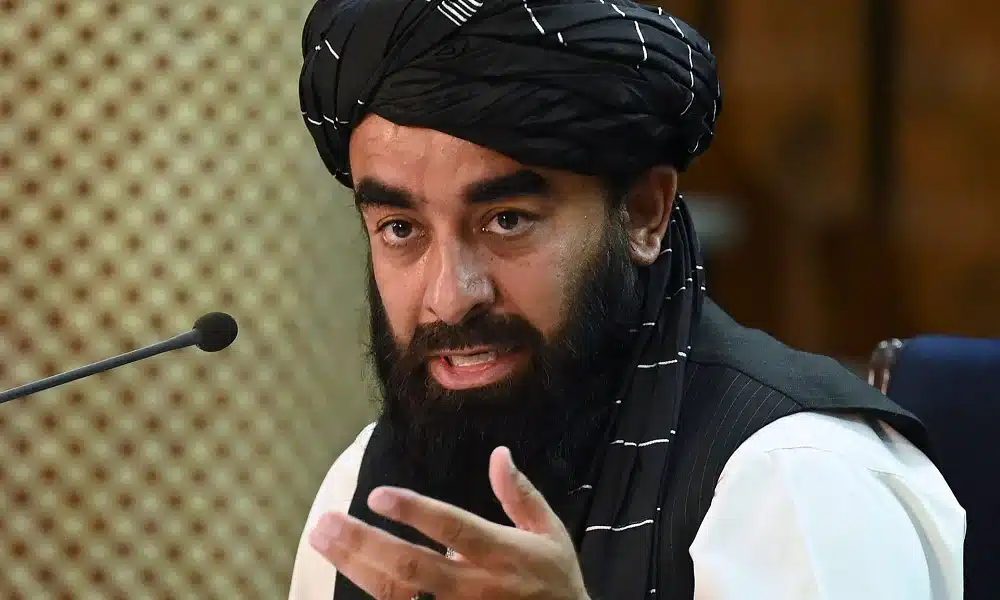Pakistan and Afghanistan share deep historic, economic and religious ties. On the recent Pakistan’s media delegation visit to Afghanistan, Pakistan’s journalist had a chance to talk to Mr Zabihullah Mujahid, Spokesman on IEA, on different issues. Mr Mujahid discussed the extensive bilateral economic ties, potential defense policies, and the role of sports in fostering cooperation between the two countries.

What Was Different This Time? Pakistan-Afghanistan Skirmishes on the Pak-Afghan border
What changed in the Feb 26 Pak-Afghan clashes? From restraint to calibrated force, Pakistan signaled a tougher, proactive border doctrine.


![Ukrainian and Russian flags with soldier silhouettes representing ongoing conflict. [Image via Atlantic Council].](https://southasiatimes.org/wp-content/uploads/2026/02/2022-02-09T000000Z_1319661209_MT1NURPHO000HXCNME_RTRMADP_3_UKRAINE-CONFLICT-STOCK-PICTURES-scaled-e1661353077377.jpg)


